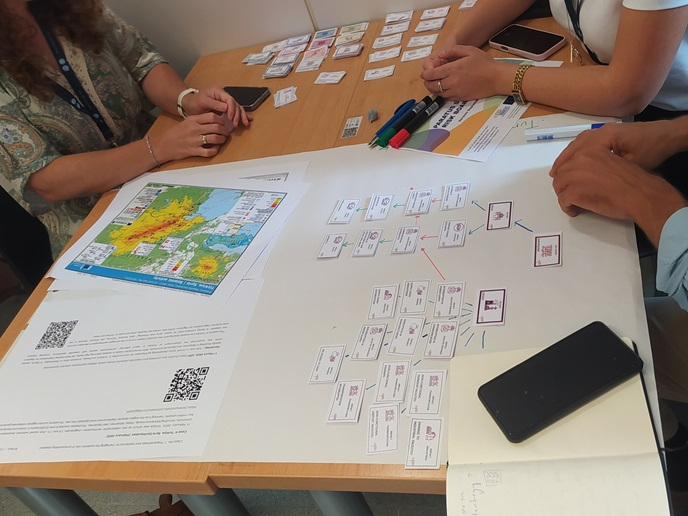Don't just tolerate, accommodate
The 'Tolerance, pluralism and social cohesion. Responding to the challenges of the 21st century in Europe' (ACCEPTPLURALISM)(opens in new window) project studied the rising tensions between national majorities and ethnic or religious minorities. The project sought to distinguish between liberal tolerance (essentially, non-interference) and egalitarian tolerance (actively working to accommodate diversity). As a starting point, project members addressed the cultural, ethnic and religious diversity of European societies today and the plurality of concepts and norms used to address the challenges that such diversity raises, including integration, assimilation, tolerance, or respect. ACCEPT PLURALISM developed a theoretical framework(opens in new window) for researchers to distinguish between intolerance, tolerance and acceptanceof minority and migrant groups’ claims. This framework was applied to 8 sets of case studies. Four of those concerned School Life(opens in new window) : the recognition of diversity in society within school curricula particularly in history and geography;measures to combat segregation of minority pupils, particularly of Roma ethnicity; the organisation and funding of faith schools; and the accommodation of cultural diversity in everyday life in schools including dress codes, parent-teacher meetings, or school calendar. Four sets of case studies focused on Politics(opens in new window) : the tolerance of racist discourse in politics today; the set-up of special institutions for the representation of native minority groups; a critical review of instances in which local policies exclude migrants; and the political mobilisation of Muslims. The comparative findings of these case studies are presented in the project’s European Policy Briefs(opens in new window) . Among the many project accomplishments, researchers produced a range of publications targeting different audiences, and published a Handbook on Tolerance and Cultural Diversity in Europe(opens in new window) . The latter is promoted as a training tool for teachers in secondary education and can also be used by high-school and undergraduate students. The ACCEPT PLURALISM consortium formulated a set of Tolerance Indicators(opens in new window) in school life and in politics that can be used for self-monitoring or assessment of the overall “tolerance index” in different European countries. A Pilot Study using the indicators is published in the project’s web site to showcase how different countries do better or worse along different issues and with regard to different minority groups.







